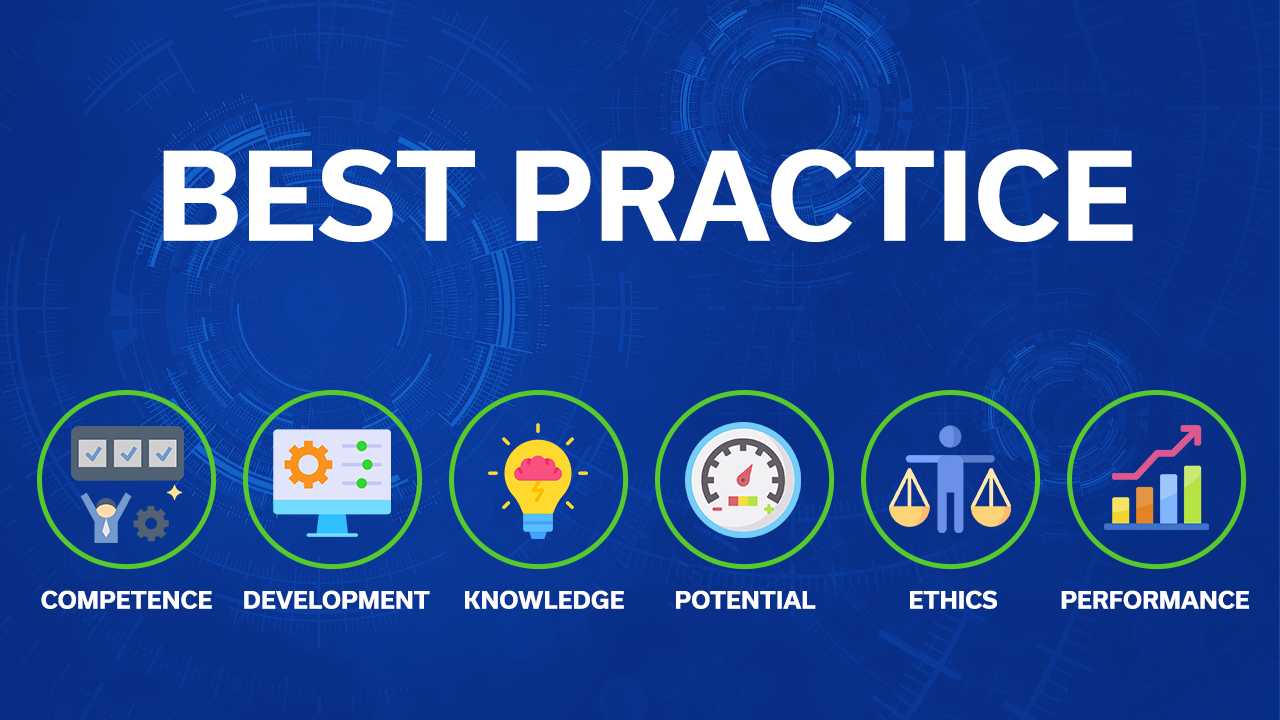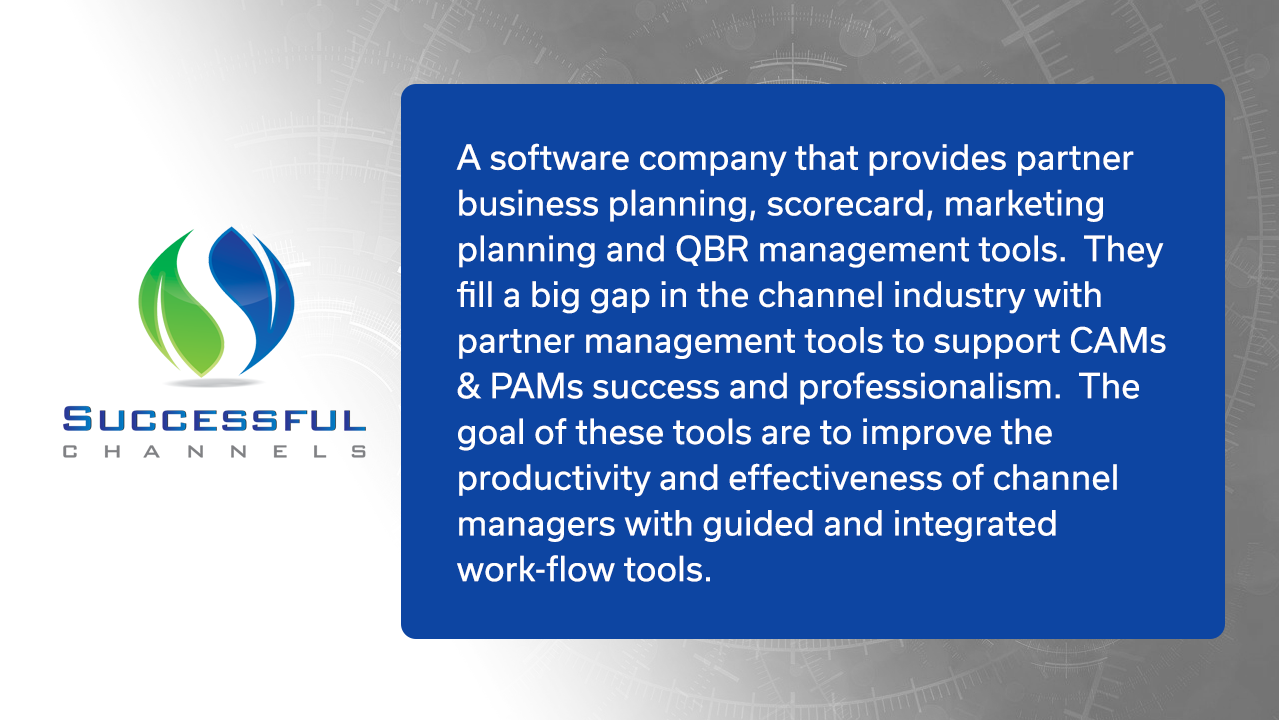“Whether ’tis nobler in the mind to suffer the slings and arrows of outrageous fortune. Or to take arms against a sea of troubles.” Even back in 1599, William Shakespeare has Hamlet point out the struggle of not taking up partner business planning. Your partners are fighting the battle of success and how to compete and need help to organize their arrows and to manage the troubles of the marketplace.
This is an obvious humorous metaphor to channel partner management to help make the point that the answer to the question of whether-or-not to plan should be obvious to all of us. The answer is absolutely, yes, if we are serious about building deep and committed partnerships for our brand. With the cost of direct sales continuing to grow and scale becoming more and more difficult to achieve, companies after companies are putting more focus and investment on building their channel network. Channel partnerships offer businesses the opportunity to generate step-function growth without having to organically staff an expensive professional direct sales organization. Partnerships offer the ability to exponentially expand sales, services, and market coverage for your brand at an affordable cost per sale.
How to you Build More Successful Partnerships with Planning?
Although the modern channel is over 150 years old architected by the visionary Joseph Singer, only in the past 20 years have partners had as many choices as they have today to build collaborative business relationships. In most industries today, business partners of all types are in the driver’s seat for choosing which vendor to invest in. Most seasoned channel executives would agree that there are four key characteristics of the most successful partnerships that are built into a collaborative business planning process
- Committed Partners (Metrics Dashboard): Partnership commitment is generally defined the achievement of selected “program” metrics for a brand. Partners that are actively achieving their program targets are expressing their commitment to building this brand’s business. Typical commitment metrics include the following
- Revenue / Bookings Performance-to-Plan
- Pipeline Performance-to-Plan
- Deals by type
- Sales Rep Performance (which reps registering / closing deals)
- Sales Velocity (e.g., Win Rate, Cycle Time)
- Capable Partners (Capabilities Scorecard): Goal is to have partners generate a high score on the following capabilities metrics
- Partner fully onboarded
- Partner Sales Capabilities
- Partner Marketing Capabilities
- Partner Technical Support Capabilities
- Partner Services Capabilities
- Collaborative Partners (Creation of Joint Goals & Action Plans): The goal is to collaborate on each of the following processes with your partners efficiently and effectively
- Account Planning: Partners that collaborate on existing and new account opportunities
- Sales Planning: Partners that jointly pursue sales opportunities with your channel team
- Marketing Planning: Partners that collaborative plan demand generation campaigns
- Performance Measurement: Partners that share in measuring outcomes
- More Partner-Led Revenue (MBRs & QBRs): MBRs and QBRs help solidify a partner’s journey to invest and develop more revenue
- Develop new sales leads
- Convert them into meaningful sales opportunities
- Close deals on their own
- Manage growth independent to your team

Why is Doing Partner Business Planning & QBRs Well So Important?
Because business partners are in the driver’s seat for selecting their favored brands, they can be very selective in which brands they invest in. A critical part of your brand’s partner value proposition is how you help your partners become more successful. The most tangible expression of this is the joint business plan you build with your partners. But a poorly executed and managed business planning process can do more harm than good.
Joint Partner Business Planning Don’ts: Learn from hundreds of channel organizations mistakes from poorly designed planning processes
- Don’t create plans on Excel spreadsheets that are too difficult to update
- Don’t have blank fields that say “enter goals here”
- Don’t expect your CAMs or partners to know what actions support which goals
- Don’t create plans without a process / method for tracking task completion
- Don’t create a plan without a process for doing QBRs
Joint Partner Business Planning Dos: Joint partner business planning it difficult to do well. Nothing will frustrate your partners more than forcing them to participate in a poorly designed exercise that will never be measured and tracked. Make certain that your joint partner business planning processes does all of the following
- Guided: Provide a step-by-step progress bar-driven planning process that guides both CAMs and partners through a satisfactory and professional set of steps to completion
- Recommended: Provide recommended goals, supporting strategies and tactics that are thoughtful that they can pick and choose from to build their custom plan. We have found that 9 out of 10 times partners will pick from thoughtful pre-defined goals and actions Vs. create-their-own
- Work-Flow Driven: CAMs and partners are not planning experts. Guide them from start to finish
- Automatic Plan Export Builder: Once a plan is completed, build an instant plan report to be exported to PDF or PPT for tracking purposes. The partner should have the option to export their plan to landscape (more slides) or portrait (fewer pages)
- Instant QBRs: Create an instantly updated QBR report to be exported. This will automatically feed performance-to-plan, capabilities improvement tracking, account updates and task management into the QBR builder to simplify this process. One-click QBR exports allows for more frequent and more effective partner performance management
How Can you Tell if You Need Better Partner Business Planning in your Organization?
The best place to start is to ask yourself the following questions to define your need for a new partner business planning and QBR process.
- CAMs: Do you have channel managers in your organization?
- Bus Plan: Do you conduct partner business planning and QBRs today (or want to)?
- Create: How do you do that today? (Spreadsheets? PowerPoint? Web application?)
- Effective: How are your business plans and QBRs working today? (Efficient? Effective, simple-to-manage?, integrated with other channel systems?)
- Measure: How do you measure partner program performance? (Dashboards, reports?)
- Track: How do you keep track of all partner actions and tasks to become a more effective partnership?
How Do You Figure Out What Type of Partner Business Planning Would be Valuable for your Channel?
Partner business planning means something different for virtually every channel executive. In some cases it is a set of goals, strategies & tactics, in others it is a set of performance-to-plan metrics and QBR reports, and others include account planning, enablement, capabilities development, and action plan tracking and reporting. The questions below can help you determine what “flavor” of joint partner business planning is best for your organization.
- Recruiting: Are you actively recruiting new partners and / or attempting to reactivate latent partners?
- Metrics: What are the key performance metrics you use to measure partner performance? (Revenue Perf-to-Plan, Pipeline Perf-to-Plan, Sales Diagnostics (Who is closing, who is registering, win rate, cycle time) certifications?)
- Goals: What are your top 3 goals for your channel program in the next 12-18 months?
- Capabilities: What are your goals for creating more capable partners in the marketplace (e.g., Building sales skills, marketing skills, technical skills, support skills, Improvements to website supporting your brand?)
- Tasks: Do you create action plans for your partners and track task completion?
- QBRs: What is included in your partner MBRs & QBRs? (e.g., Sales, pipeline, certifications, tasks, account planning and progress on key initiatives?)
- Value: What are the elements of your partner value proposition? (e.g., Unique product, profit potential, easy to sell, how you support partner success, MDF, incentives, other?)

What are the Characteristics of a Highly Effective Partner Business Planning & QBR Process?
If you are attempting to design the requirements of a partner business planning process that will work best for your organization, below is a set of qualities that may be useful for your system design. Each of these characteristics should be supported by a well-designed method or tool to help achieve scalability for your channel team.
- Efficient System: Tools to allow your channel managers to manage more partners in significantly less time
- Effective: Tools to allow your channel managers to be much more effective in advising partners and building their business
- CAM Productivity: Tools to prepare all of the planning administrative work so that your CAMs can focus on the “fun stuff” which is building committed partner relationships with less work
- Partner Commitments: Partner Performance Dashboard tools to consolidate all metrics and performance measures in once place to monitor partner program achievement
- Partner Capabilities: Capabilities scorecard and action planning tools to help partners become better brand representatives in the marketplace
- Partner-Led Revenue: Allow partners to plan and invest in plans that will help them generate more sales wins and revenue than they otherwise would generate
- Business Case: Create a business case for your partner business planning process. Well designed, guided and integrated planning platforms will include business plans, scorecards and QBRs generate 10-35%+ revenue growth Vs. PY
- Marketing ROI: Guided marketing planning and MDF management process tools help partners build higher ROI plans and generate a greater rate of channel marketing-influenced revenue
- Seamless Integration: Partner planning platforms that seamlessly snap into your other channel system via SSO, UI and data integration, make implementation highly efficient and effective
- Channel Sales Focused: Channel Sales almost always leads the partner business planning process because they are focused on managing, motivating, and measuring partnership relationships
- Plan is your Strategy: A well-defined partner business planning and QBR process is a direct expression of how a channel organization puts their channel strategy into action
Partner business plans are absolutely worth doing, as long as they are done well. A well-designed and executed planning, scorecard and QBR process is highly valued by partners because it helps them succeed. It is an expression of a vendor’s partner program and will build committed, capable, and effective-in-delivering revenue partnerships.






